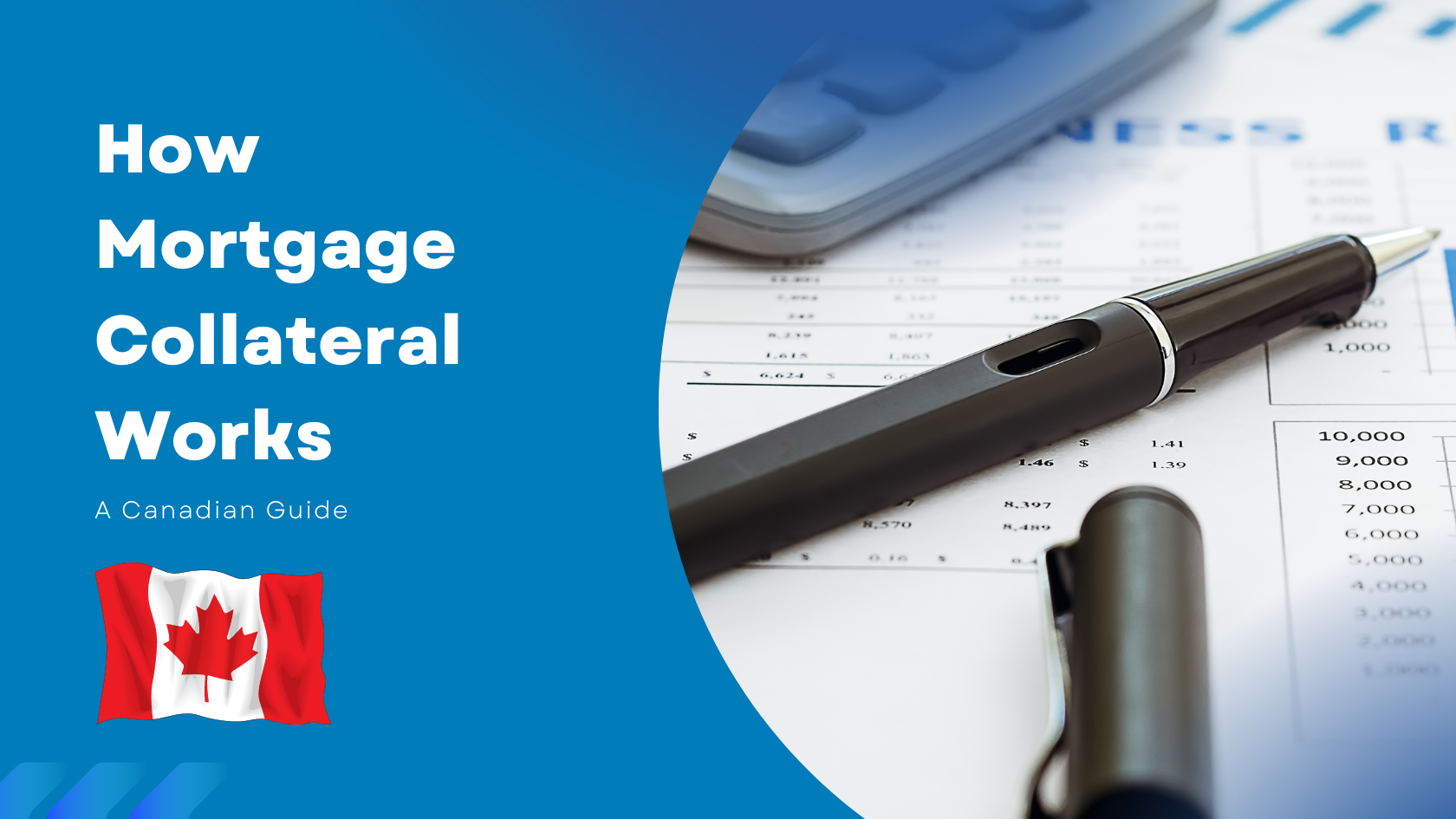Investment properties: A Canadian mortgage financing guide to help you save on interest and propel yourself to wealth. Canada is a growing real estate market. COVID-19 made investors realize that there was a lot of profit to be made in outlier communities by investing in single-family housing or multi-unit housing and renting out these properties.
With the pandemic, people have recognized that we live in a virtual world and much of their work can be done out of their own homes. Many city renters and owners have considered the option of moving into a bigger home to have the extra space and a different quality of life.
This widening of living options has made the real estate market explode. Investors are seeing huge profits in investment property, house hacking, and other such real estate investment opportunities.
What Is A Rental Property?
It’s important to differentiate between an investment property and a second home. A second home is a place you’re planning on using as a vacation home, temporary residence, or simply a commuter home for work.
An investment property is a rental property that you will be renting to tenants and you will be receiving a passive income. There are two options for rental properties.
You can purchase a property that has several units and you live in one of them or you can purchase a property that you don’t live in. When you apply for financing, these are considerations the lender will want to know.
If you’re not living in a part of the property, you’re going to need a bigger downpayment.
A rental property is subject to taxes like any other investment income. You need to report to the CRA the rent as income, however, you can deduct any money spent on repairs or maintenance. These are considered operational expenses and are subtracted from the total rent.
Investment Properties: A Canadian Mortgage Financing Guide
When you buy a home for yourself, you can have a 5% downpayment and spread out your payments. This mortgage can be covered by mortgage insurance.
When you purchase a rental property, you have to know if you’re purchasing it to live in one unit. For a rental property, you need to have saved a 20% downpayment before applying for a mortgage.
An important point to consider is that, if you have a bigger downpayment, in either case, you may be able to qualify for a lower interest rate.
Your finances will be examined as you go into real estate investment financing. The lender will want to know your credit score, they will want to know your income, and your debt level.
When looking at your debt level, the lender will look at the amount owing on the mortgage of your primary home along with the amount owing on your credit cards, car loan, line of credit, and any other types of loan you have. If you owe a lot of money, you may find it more difficult to qualify for a mortgage loan.
There is another way to finance an investment property. You could use the equity of the home you already own through a home equity line of credit (HELOC). In this case, you would be borrowing against the value of your primary home after you have had an appraisal done to confirm its current market value.
Mortgage Lenders For Investment Properties: A Canadian Mortgage Financing Guide
The majority of mortgages in Canada are obtained through banks: National Bank, CIBC, RBC, Scotiabank, TD Bank, HSBC, and BMO. These are considered A Lenders. They have set criteria that you have to meet in order to obtain a mortgage through these banks.
To get a mortgage from an A Lender, you must be able to provide proof of a stable income and have a high credit score of over 650. If you are self-employed, this is more challenging since you will need to show two years of tax returns to prove your annual income.
B Lenders are also an alternative for many Canadians who do not meet bank requirements. There are many home financing companies outside of the charter banks that can sometimes offer even better interest rates. You also don’t need CMHC mortgage insurance with a subprime B lender.
B Mortgage Lenders are becoming more popular and now account for 12% of all outstanding mortgages. They are more accommodating to individual needs and are an excellent option for people who are self-employed or who have lower credit scores.
A private mortgage is an easier solution if you do not meet your bank or credit union’s criteria. Working with a mortgage broker such as LendToday, you can get in contact with private mortgage lenders for a small fee. The main condition of your approval will be an appraisal inspection which is standard for any bank.
Investment Property Methods To Help You Succeed
House Hacking
House hacking is a perfect financing strategy for someone who is already paying rent for their living accommodations. The good news is that you only need a 5% down payment because the home is your primary residence.
When house hacking, you can buy a duplex, triplex, or even a four-plex and live in one of the units yourself for free with your tenants paying your mortgage. By doing this, you can qualify for a lower interest rate and lower downpayment.
Eventually, you can move out, and with the value of this multi-unit housing under your belt, purchase another building.
BRRR Strategy For Real Estate Investors
This acronym stands for Buy, Repair (or Renovate), Rent, Refinance, Repeat (technically BRRRR). Essentially what this involves is buying a rental property that needs some improvement.
You then do the repairs and renovations required (no need to get fancy or expensive) and rent it out. Once you have completed the repairs it’s time to refinance the mortgage.
You’re probably wondering why you would refinance the property. So you have money to get another fixer-upper property and follow the same strategy again!
Getting started in Rental Properties
By now you know your options for financing an investment property. You should have a better idea of the type of investment property you want to invest in. Learn more by filling out our questionnaire and let us will help you explore the many options available.
- All About Power of Sale For A Mortgage in Canada - April 18, 2024
- Personal Loans and Home Equity Loans for Canadian Homeowners - April 3, 2024
- How Reverse Mortgage Loans Work - April 2, 2024






